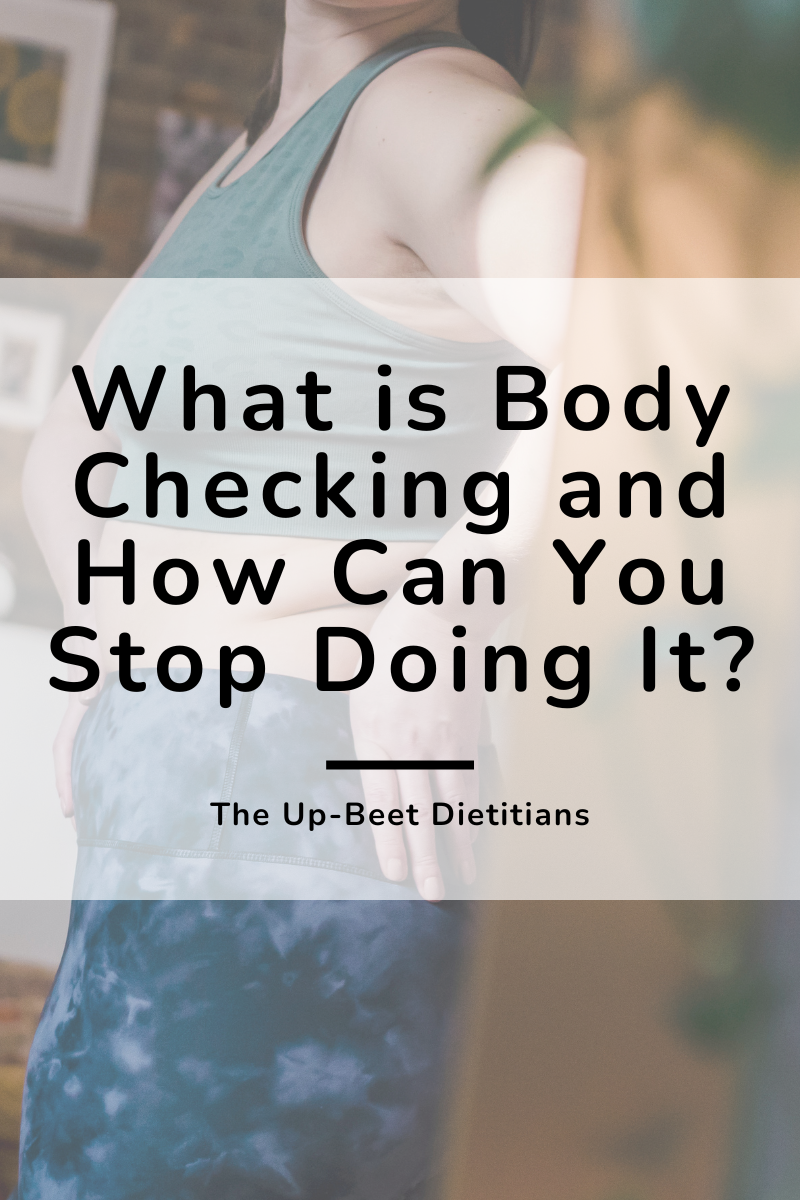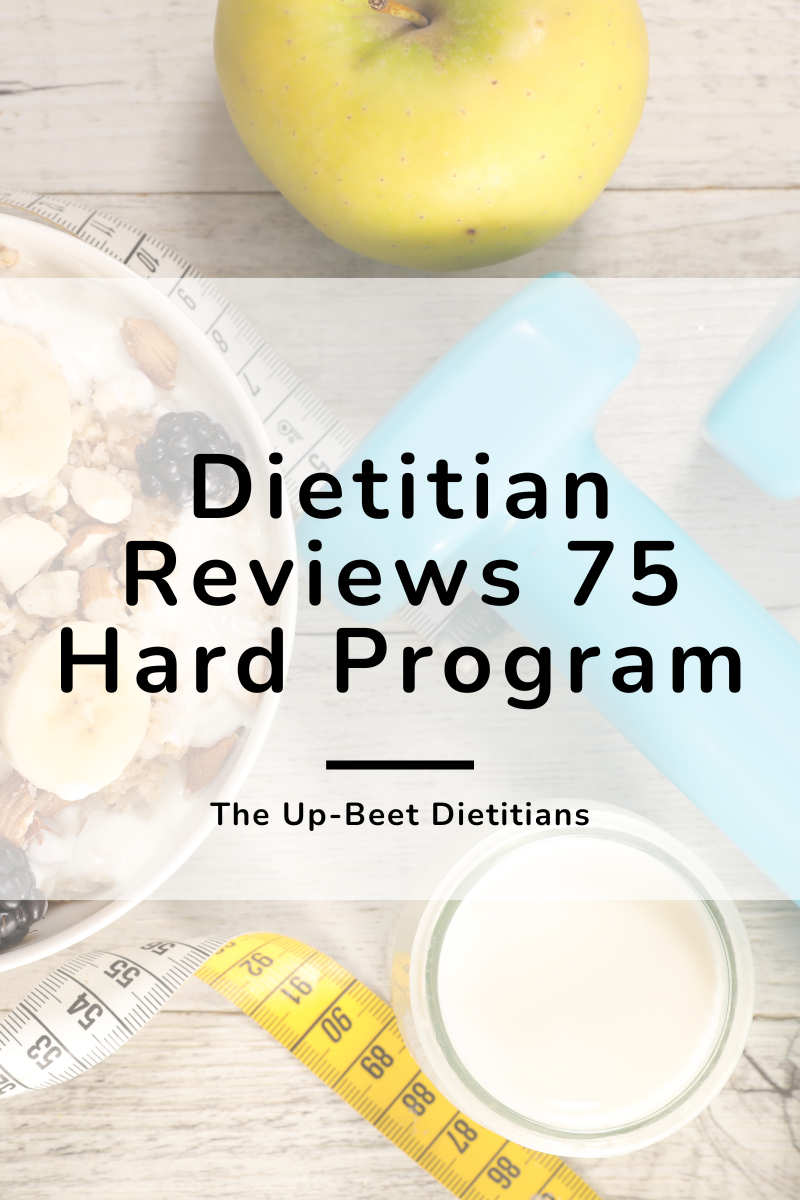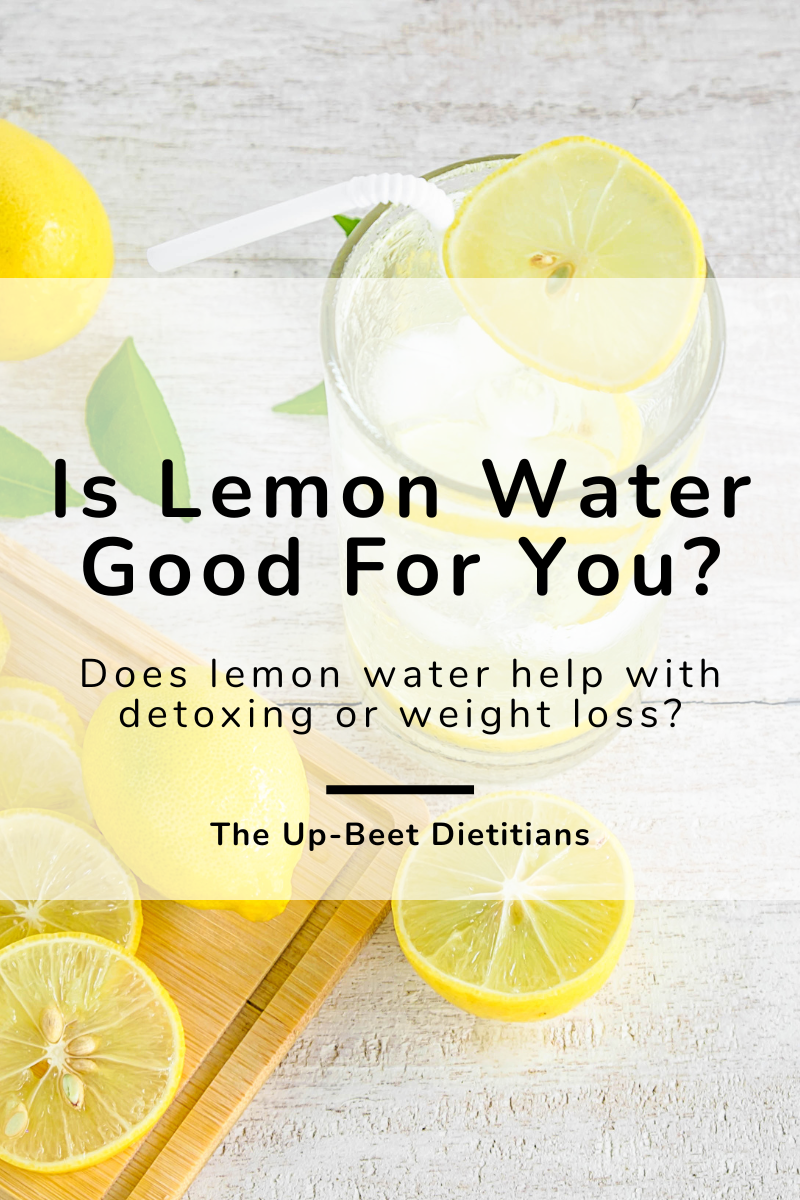How to Deal With Emotional Eating: Emotional Hunger vs. Physical Hunger
This post was written by Jessica Manginelli, dietetic intern and reviewed by Hannah Thompson, RDN, LD, CPT and Emily Krause, MS, RDN, LD
One of the most common questions that people bring to dietitians is “Am I actually hungry or am I bored?” Tuning into your hunger cues can be difficult and a large cause of stress for many people but it doesn’t need to be so confusing. Below we will discuss the difference between physical and emotional hunger, how to differentiate between the two, and how to feel confident in your food decisions.
Physical Hunger
There are multiple different cues that signal physical hunger. Some examples are thinking about food, stomach growling, feeling emotional or short tempered, lightheadedness, lack of energy, headache, weakness, etc. These cues generally occur gradually and build in intensity over time. Some people can have these hunger cues stifled or feel like they lack any hunger cues due to stress, poor sleep, chronic dieting or restriction, hyper focus on a task, or with changes in hormones.
Emotional Hunger
Emotional hunger often has a more rapid onset and feels very urgent. This can come from almost any emotion including stress, anxiety, sadness, or boredom. Eating releases “feel good hormones” in the body and can temporarily provide a boost of relief from whatever emotion is being felt. The key is to understand that food will likely not help or fix the situation that is making you feel emotional but it can be a tool used to help with the effects.
How to Cope
Emotional eating can often feel shameful since the narrative of “only eat when you are hungry” is so pervasive in our culture. It is important to remember that you always have permission to eat, no matter the reason why, and instead of shame, try to get curious. Ask yourself these questions:
Is this physical or emotional hunger?
If it is physical hunger go ahead and find a snack or meal to satisfy that hunger.
If it is emotional hunger continue below.
What emotions am I feeling right now? (boredom, sadness, stress, etc.)
What are all of the coping skills I have to deal with this/these emotion(s)? (talking with a friend, going on a walk, watching a show, journaling, eating, etc.)
What coping skill feels best for me in this situation?*
*If you decide eating is the best coping skill that is great! Remember, eating is never a bad thing! We just want to make sure it is a mindful decision you make instead of something you choose without even realizing it, just like any other coping skill.
Bottom Line
Whether you are feeling that slow progression of physical hunger, or the sharpness of emotional hunger, both sensations require action and attention. Whether that is you need to spend some time inward to understand your feelings, or running to get a snack, physical and emotional hunger and normal parts of life that should not cause stress, anxiety, or guilt.
Want to learn more about intuitive eating? Listen to our podcast episode on this topic!





